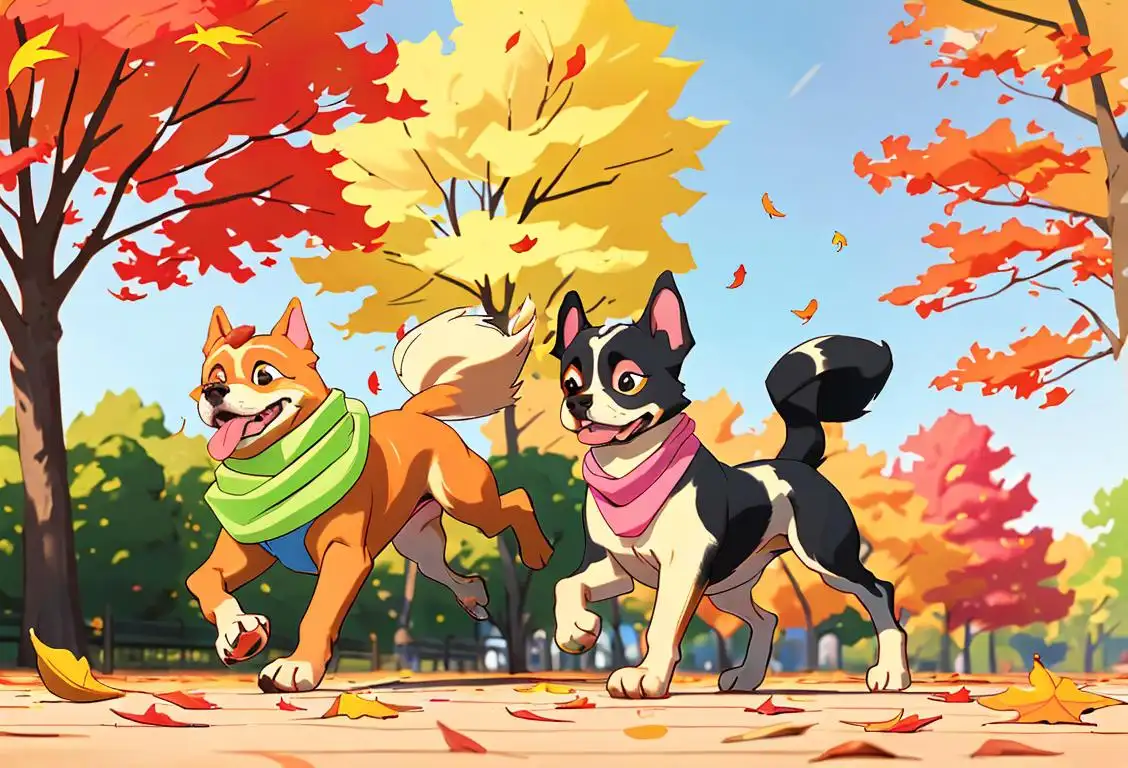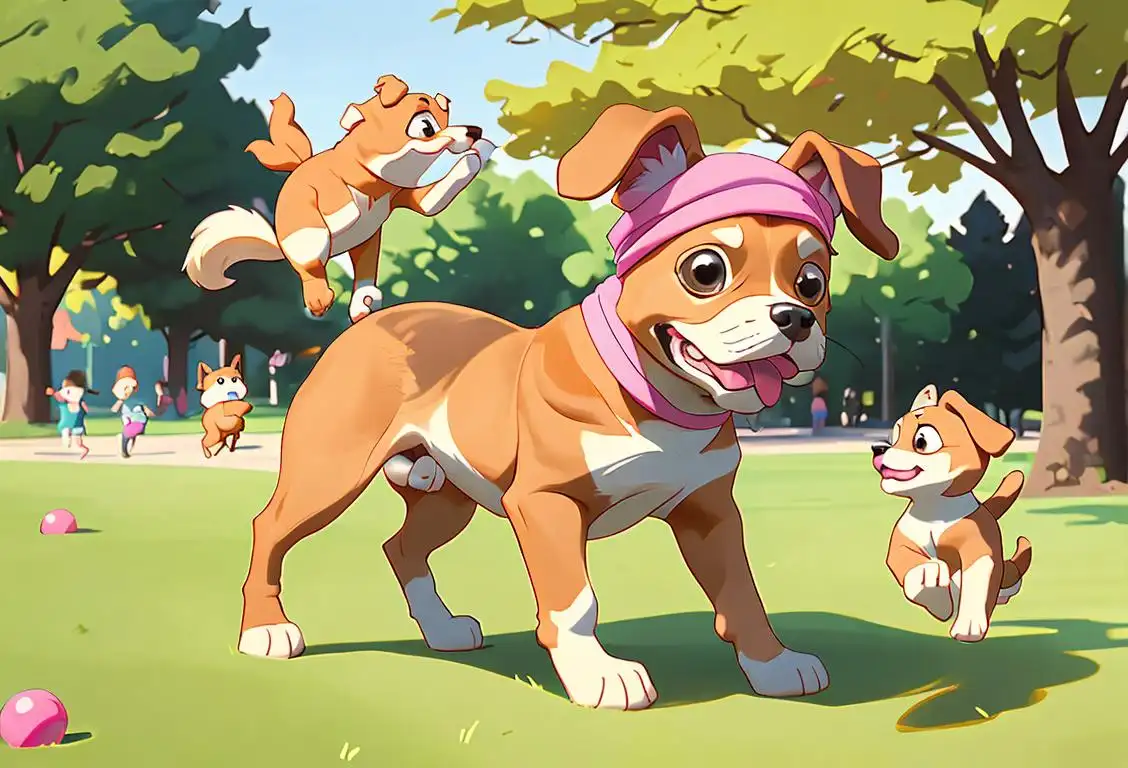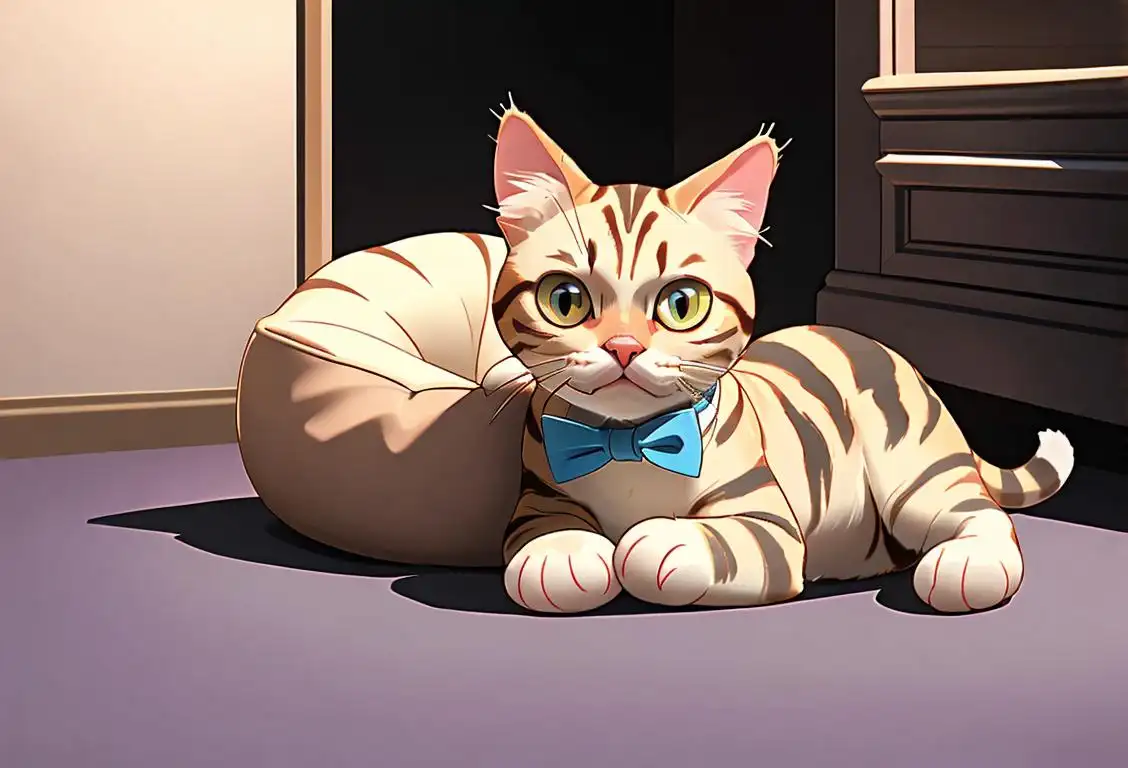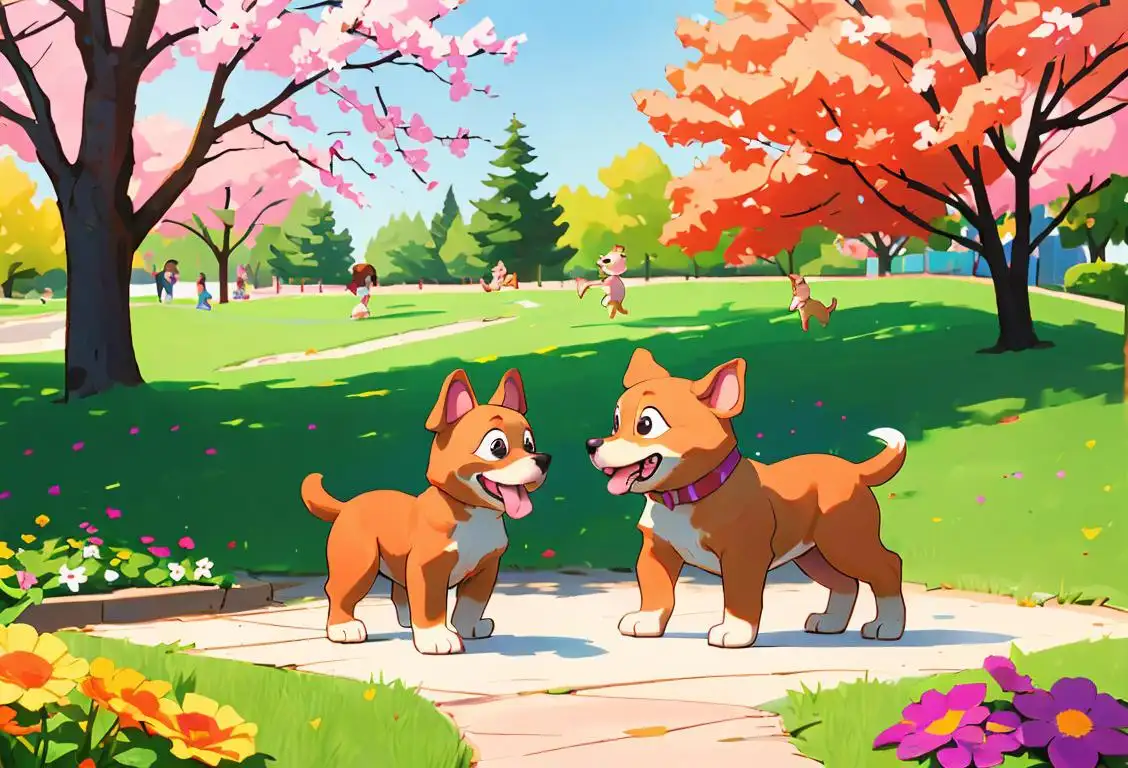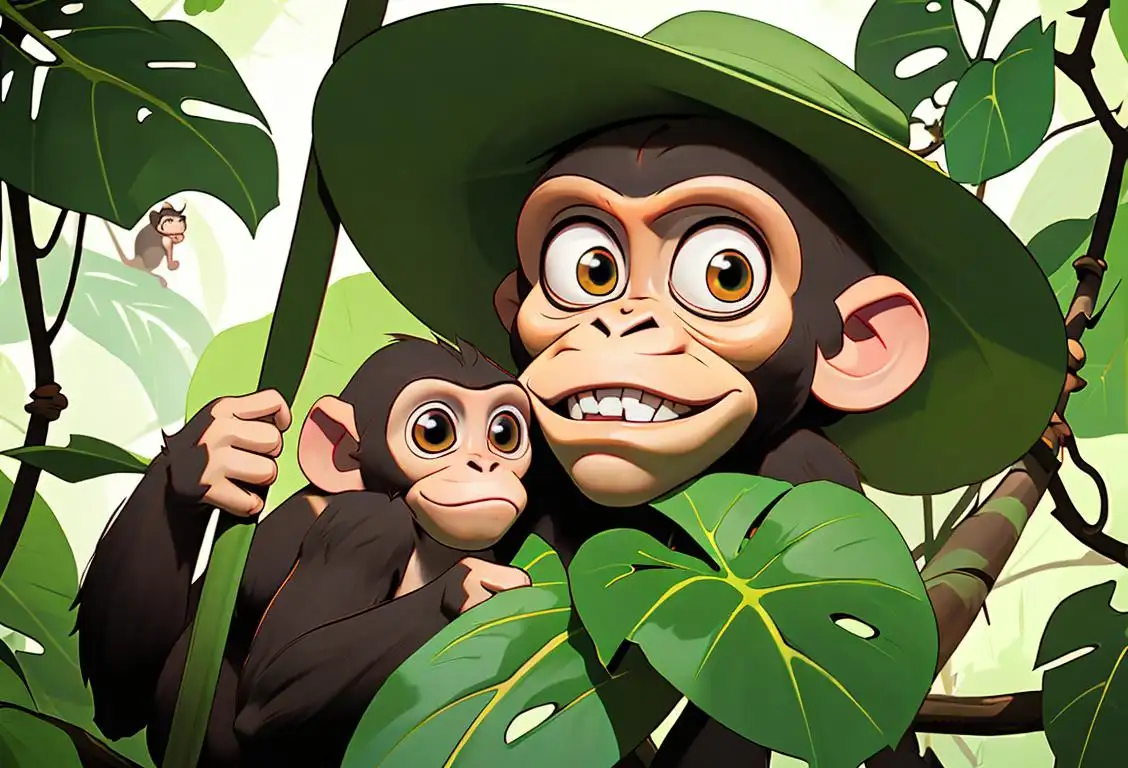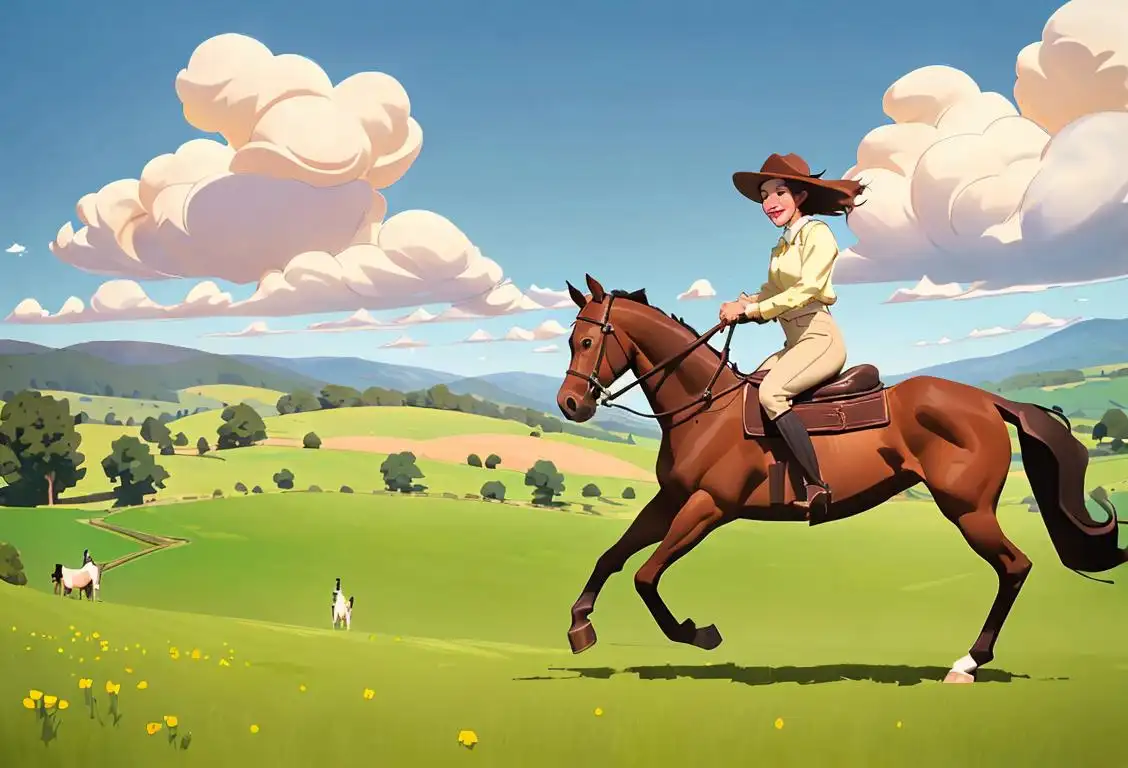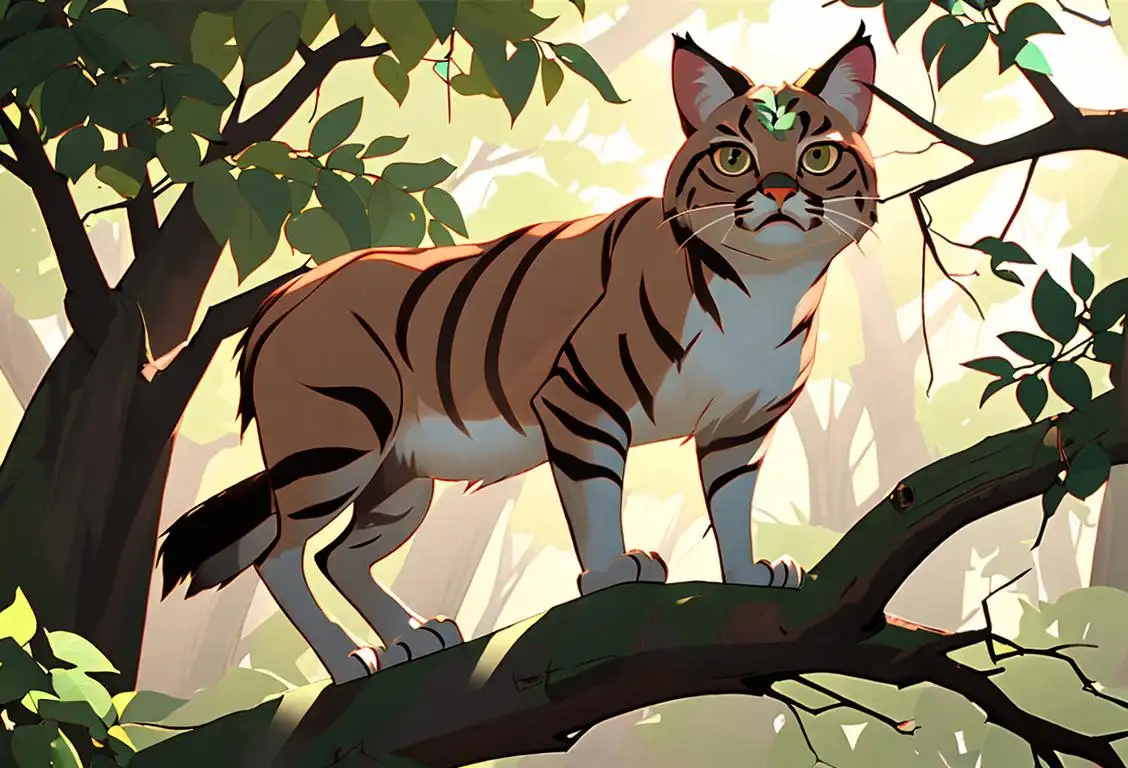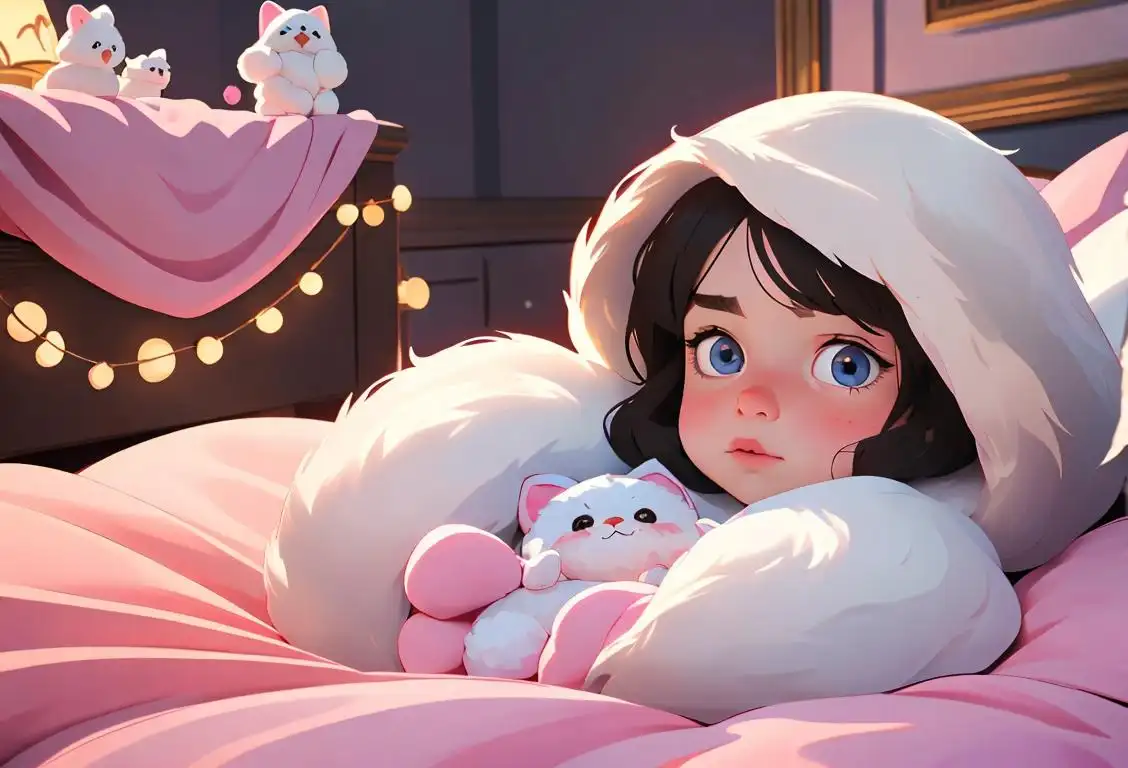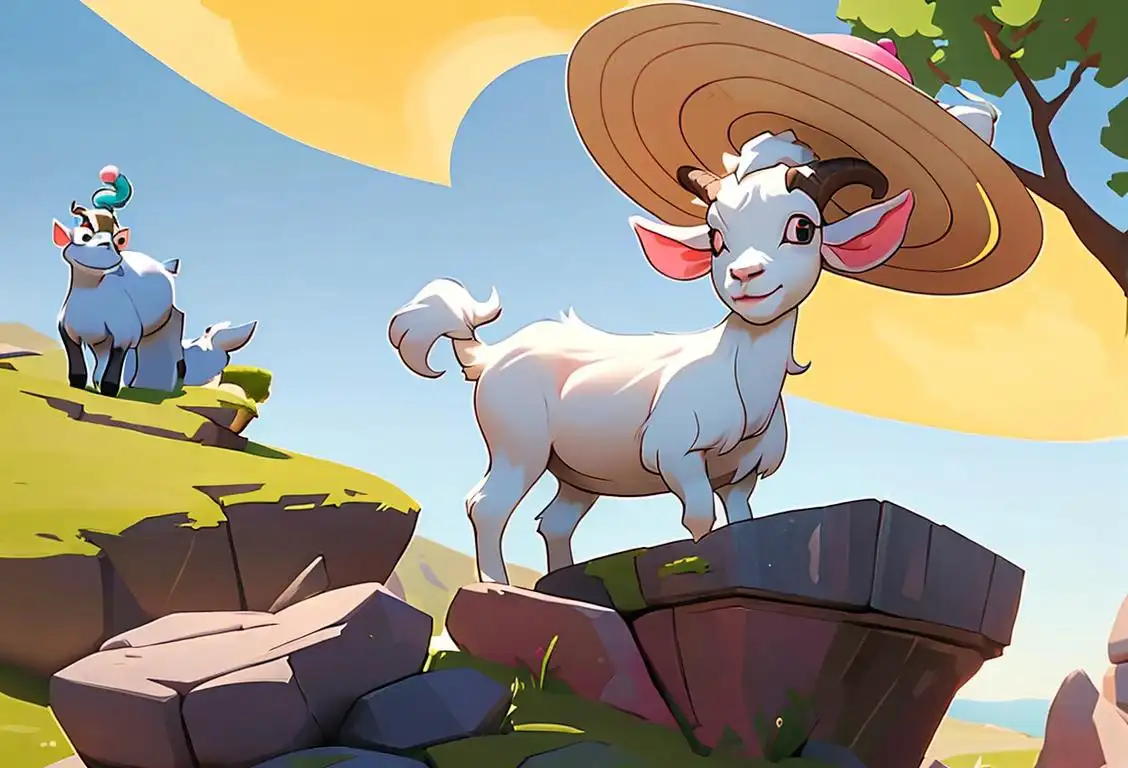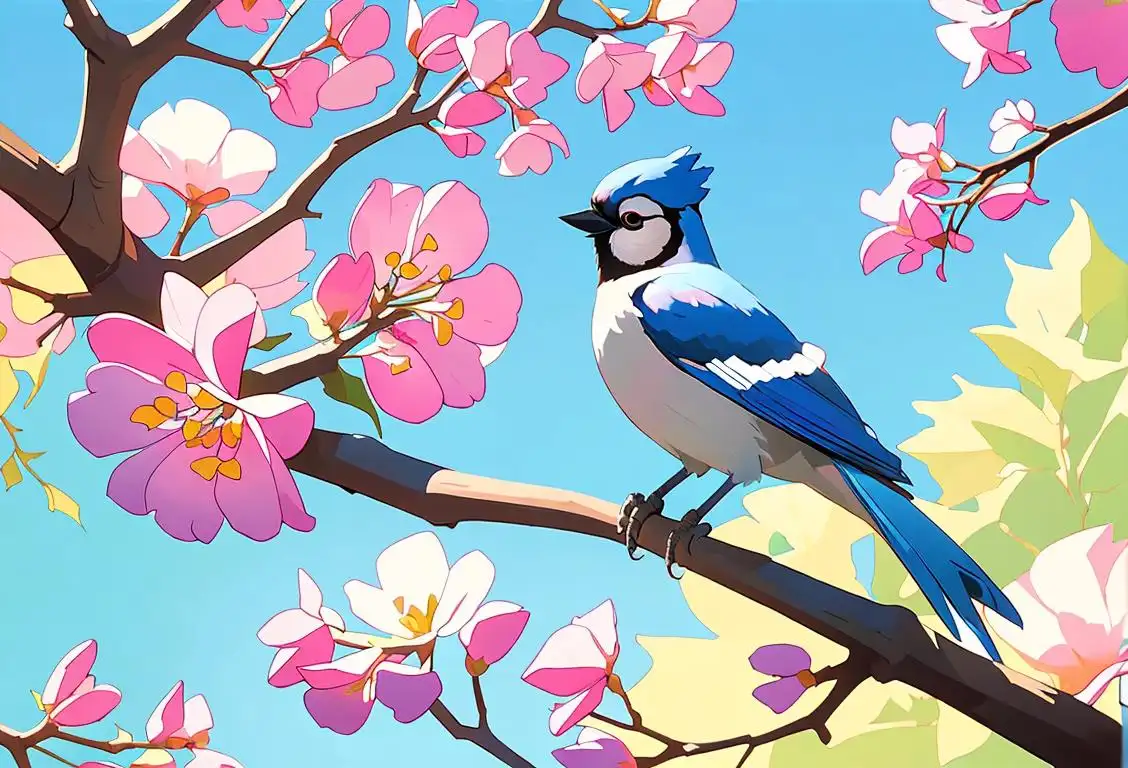National Coon Day
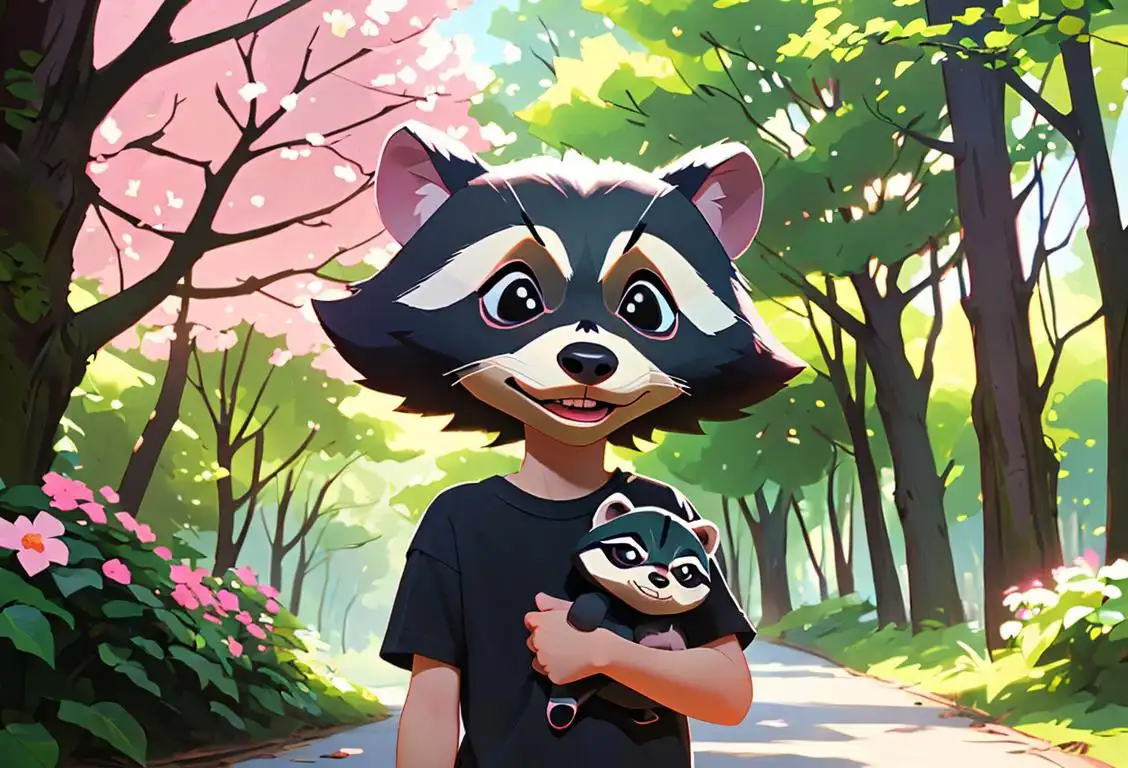
Welcome to WhatNationalDayIsIt.com, where we uncover the quirky and interesting history behind all those strange national days. Today, we're diving into the fascinating world of National Coon Day!
When is Coon Day?
It's national coon day on the 20th September.
The Origins of National Coon Day
Now, before your mind starts wandering in the wrong direction, let me clarify something. National Coon Day refers to a day dedicated to celebrating one of nature's most adorable creatures - the raccoon!
These mischievous little critters are famous for their distinctive black masks and bushy ringed tails. They have become quite popular through viral internet videos showing their incredible agility and knack for getting into trouble.
The origins of National Coon Day are a bit elusive, much like raccoons themselves when they're on a mission for snacks. While we couldn't find an exact date or creator for this national day, it seems to have gained traction online around September 20th, 2016. This is when there were a flurry of mentions and celebrations surrounding these furry bandits.
How to Celebrate National Coon Day
There are plenty of ways to have a raccoon-themed celebration. Here are a few ideas:
- Host a raccoon movie night with classics like 'Guardians of the Galaxy' (remember Rocket Racoon?) or 'Over the Hedge.'
- Create a raccoon-inspired menu for the day, featuring foods like 'Trash Can Nachos,' 'Midnight Munchies Pizza,' and 'Sneaky Snack Sundaes.' Remember, raccoons are known for their love of scavenging tasty treats!
- Get crafty and make raccoon masks with black paper and elastic bands. You can even hold a best mask contest!
Did You Know?
Raccoons are incredibly intelligent and can remember solutions to complex problems for up to three years! So, next time you misplace your keys, maybe you should consult a raccoon for help.
History behind the term 'Coon'
1825
Early usage as a term for raccoon
The term 'coon' was originally used as a shortened form of the word 'raccoon'. It referred to the North American mammal that has distinctive facial markings and a ringed tail. The word 'coon' started to gain popularity in the early 19th century.
1825
Origins in American English
The term 'coon' originated in American English as a short form of 'raccoon'. It was initially used to refer to the animal, known for its distinctive black mask across its eyes. Raccoons are native to North America and have been a part of Native American folklore for centuries.
1889
Origins of the Term
The term 'coon' originated in the United States in the late 19th century as a racial slur used to demean African Americans. It derived from the word 'raccoon,' which was a popular feature in minstrel shows of that time. These shows often depicted white performers wearing blackface makeup in exaggerated and offensive caricatures of African Americans. The link between the word 'raccoon' and the racial slur 'coon' likely came from the stereotypical portrayal of raccoons as cunning and mischievous, attributing similar characteristics to black people.
Early 20th Century
Pejorative Usage
Throughout the early 20th century, the term 'coon' became increasingly used as a pejorative slang term to dehumanize African Americans and reinforce racial prejudice. It was used in derogatory jokes, illustrations, and even in the titles of racist songs and literature. The term was particularly prevalent during the Jim Crow era, a period of racial segregation and discrimination in the southern United States.
1830
Emergence of 'coon' as a racial slur
Sadly, by the 1830s, the term 'coon' began to be used as a derogatory racial slur against African Americans. This shift in meaning was influenced by the rise of minstrel shows, where white performers would often don blackface and portray African Americans in a demeaning and stereotypical manner.
1830
Applied to humans
In the early 19th century, the term 'coon' started to be used to describe African-American people. This usage emerged as a result of racist stereotypes and derogatory portrayals of black individuals in popular culture, particularly in blackface minstrel shows. These shows perpetuated harmful caricatures and reinforced racial bias.
Mid-20th Century
Civil Rights Movement
As the Civil Rights Movement gained momentum in the mid-20th century, the term 'coon' was widely recognized as derogatory and offensive. African Americans and their allies actively fought against the use of the term and other racial slurs, advocating for racial equality and an end to racist language and stereotypes.
1840
Widespread usage of 'coon' in minstrel shows
Throughout the mid-19th century, the term 'coon' became firmly associated with the racist caricatures presented in minstrel shows. These shows were immensely popular at the time and played a significant role in shaping negative stereotypes about African Americans. The derogatory use of the term 'coon' in this context perpetuated harmful racial attitudes.
Late 19th - early 20th century
Proliferation in popular media
During this period, the term 'coon' became more widespread in popular media, including newspapers, magazines, books, and songs. It was often used in a derogatory and dehumanizing manner, reinforcing negative racial stereotypes and promoting discrimination. The use of the term contributed to the marginalization and oppression of African-Americans.
20th century
Continued racial implications
The term 'coon' continued to be used as a racial slur well into the 20th century. Its derogatory nature and association with offensive stereotypes made it a hurtful term that perpetuated racism and discrimination. Efforts to challenge and eliminate the use of 'coon' as a slur were part of the larger struggle for civil rights and equality.
Mid-20th century
Awareness and opposition
As the Civil Rights Movement gained momentum in the mid-20th century, increased awareness and activism led to the recognition of the term 'coon' as a racial slur. African-American communities and civil rights activists worked to challenge and combat the dehumanizing language and imagery associated with racist terminology.
Present Day
Evolving Perspectives
In modern times, the term 'coon' continues to be considered highly offensive and racist. However, there has been a significant shift in social consciousness and increased efforts to eliminate such derogatory language from public discourse. People are now more aware of the hurtful history behind the term and actively promote inclusivity and respect for all racial and ethnic groups.
Present day
Awareness and rejection of the term
In modern times, the term 'coon' is widely recognized as a racial slur and is considered highly offensive. Efforts to promote inclusivity and combat racism have led to increased awareness about the history and impact of this term. The emphasis now lies on fostering understanding, respect, and equality among all people, regardless of race or ethnicity.
Present day
The term in modern discourse
While the term 'coon' is widely recognized as a racial slur today, its usage occasionally persists in some contexts. However, it is important to acknowledge the hurtful history and impact of the term, and many individuals and organizations actively discourage its use. Progress continues to be made in promoting inclusivity, equality, and understanding among diverse communities.
Did you know?
Did you know? Raccoons are excellent swimmers! They can paddle through water at speeds of up to three miles per hour. Michael Phelps, watch out!Tagged
fun celebration animalsFirst identified
7th July 2016Most mentioned on
20th September 2016Total mentions
38Other days
Dog Updog Day
Pupper Day
Cat Cat Day
Puppies Day
Monkey Day
Horse Day
Bobcat Day
Floof Day
Goat Day
Jay Day
